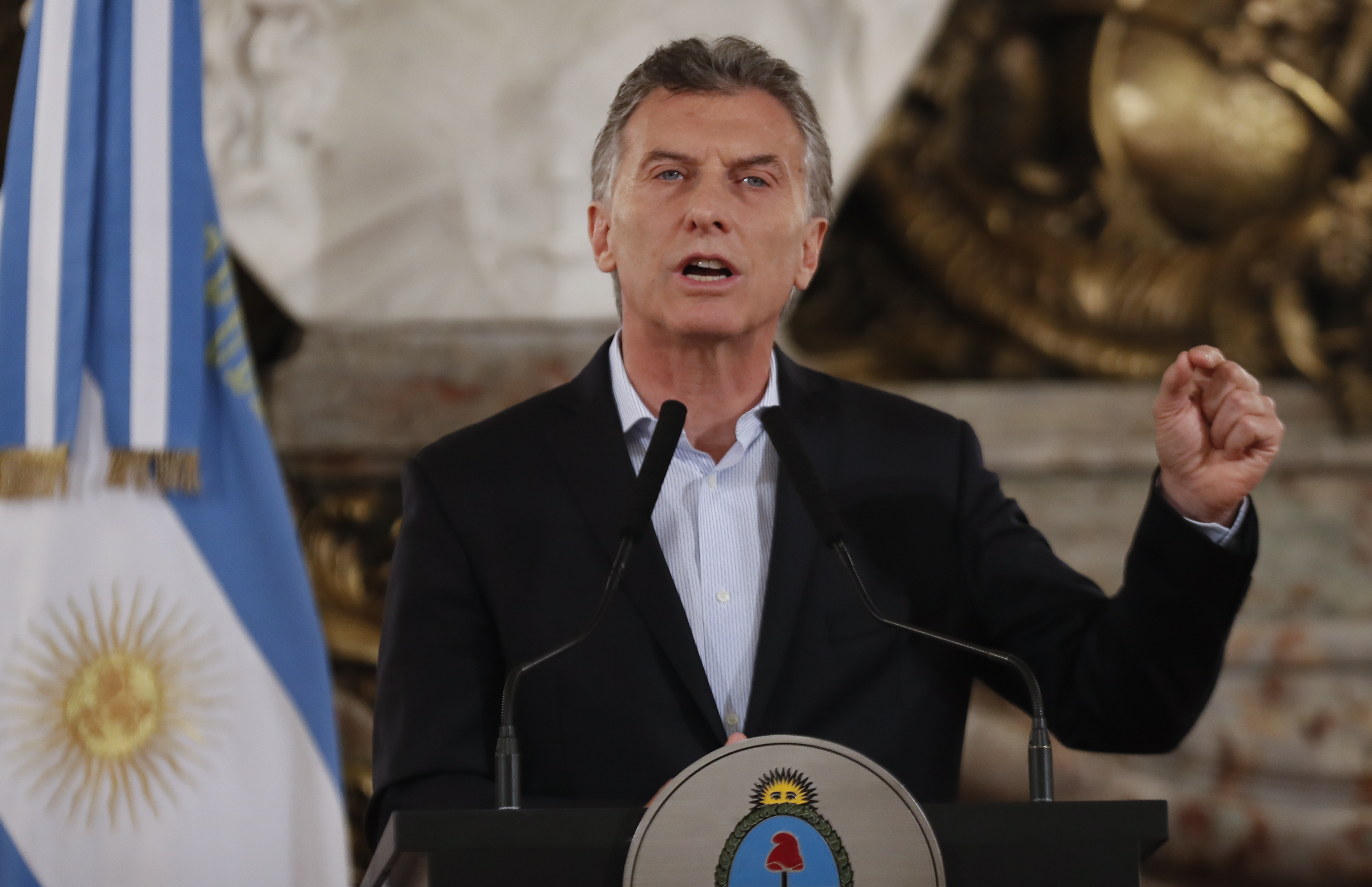
Argentine president's economic policies to be tested in 2018, analysts say
President Mauricio Macri's economic reform and adjustment policies will be tested in 2018 as Argentina tries to deal with inflation, a budget deficit and other challenges, analysts told EFE.
The gross domestic product (GDP) contracted 2.3 percent in 2016, Macri's first year in office, and grew 3 percent in 2017.
The government expects the South American country's economy to grow 3.5 percent this year, while the International Monetary Fund (IMF) projects 2.4 percent GDP growth.
Argentina's economic growth rate at the end of 2017 "is not great progress, taking into account that it hasn't grown in six years and the world is growing at 3 percent," the director of the Econometrica consulting firm, Ramiro Castiñeira, told EFE.
The South American country's GDP will likely grow at a moderate pace in 2018, Castiñeira said.
CONTENIDO RELACIONADO
Argentina finished 2016 with an inflation rate of nearly 40 percent.
Inflation was running at 21 percent on an annualized basis as of Nov. 30 and the Central Bank had to revise its 2018 inflation target upward from 10 percent to 15 percent last week.
Economists consulted by EFE, however, said the inflation rate could hover around 20 percent in 2018.
"The budget deficit is so big that the government needs to finance part of it via monetization," or printing money to cover the gap between revenues and spending, an action that tends to stoke inflation, Castiñeira said.










DEJE UN COMENTARIO:
¡Únete a la discusión! Deja un comentario.